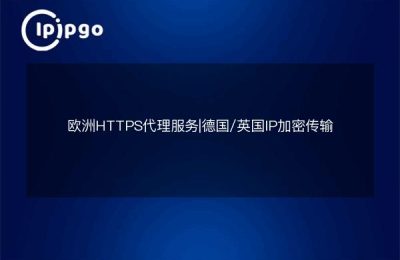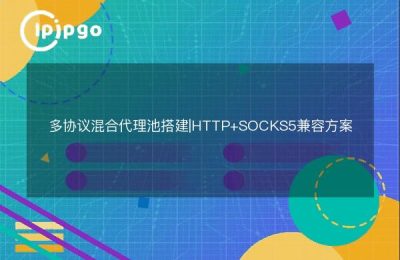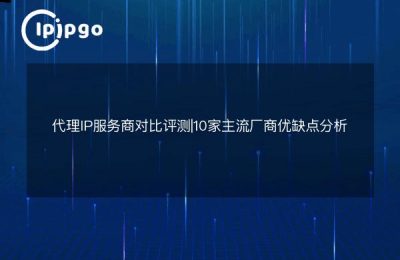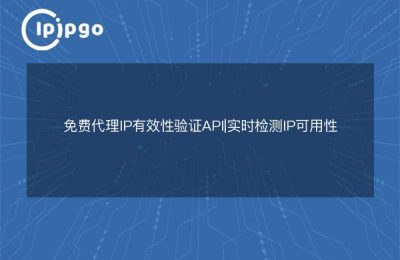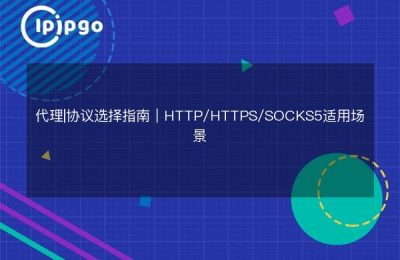
Why do you need proxy IP pools with second detection?
When you're dealing with data collection, batch registration, or automated operations, having in handThousands of proxy IPsNot knowing what works is like holding onto a gold mine and not finding the tools to mine it. Traditional single-threaded validation methods can take hours, whileThousands of IP Pools Second Detection SolutionIt allows you to complete all survival tests in 3 minutes, which is the equivalent of driving an excavator into a mine.
Core operational logic for multi-threaded authentication
Imagine you have 10 workers (threads) checking 1000 tools (IPs) at the same time, 10 times faster than 1 person checking them one by one. There are three key principles here:
| movements | mistake | correct program |
|---|---|---|
| Thread Control | Unlimited open threads lead to IP blocking | Dynamically adjusted according to the anti-climbing mechanism of the target website |
| timeout setting | Uniformly set 3-second timeout | Graded settings by business scenario (0.5-5 seconds) |
| Classification of results | Record only available IPs | Distinguish between response speed, protocol support type |
Hands-on: building a second detection system
Here's a tried-and-tested Python scripting framework (key parts have been simplified):
import concurrent.futures
def check_ip(proxy).
try.
Replace this with the API checking interface provided by ipipgo.
response = requests.get('Check address', proxies=proxy, timeout=2)
return {'ip': proxy, 'status': 'active'}
except: return {'ip': proxy, 'status': 'active'}
return {'ip': proxy, 'status': 'dead'}
with concurrent.futures.ThreadPoolExecutor(max_workers=50) as executor: results = executor.map(check)
results = executor.map(check_ip, ip_list)
Special attention:The number of threads is recommended to be controlled between 20-50, more than this range will rather reduce the detection efficiency. Use ipipgo'sResidential Proxy IPIt is recommended to use their API interface to get real-time available IPs, which can reduce invalid detections above 30%.
Avoid three big common pitfalls
Many people are prone to make these mistakes when building an inspection system:
- Detecting e-commerce sites with data center IPs (triggering an anti-crawl mechanism) → Switching to ipipgo'sResidential IP Resources
- Ignore protocol matches (e.g. use socks5 to detect sites that require http) → Enable ipipgo'sFull Protocol Supportparadigm
- Forgot to clean up history (repeated detection of invalid IPs) → CreateDynamic elimination mechanism
Why did you choose ipipgo for the underlying support?
When you are dealing with a thousand IP pool, the underlying IP quality directly determines the detection efficiency. Our real-world comparison found that:
- Availability of regular proxy IPs typically fluctuates from 40-60%
- ipipgo's.Global Residential IP PoolAvailability stabilized above 92%
- ownIP Healthiness PrescreeningFunction that automatically filters IPs that have been tagged within 72 hours
Frequently Asked Questions QA
Q: What should I do if I always get a connection timeout when testing?
A: Prioritize checking local network firewall settings, then try switching ipipgo's different protocol types (HTTP/HTTPS/Socks5)
Q: Will multi-threaded detection expose the real IP?
A: Not if the proxy is configured correctly, it is recommended to include in the codeDual authentication mechanism: test whether the proxy is valid before executing the formal request
Q: Passed the test but failed in actual use?
A: This happens mostly when you use a data center IP and change to ipipgo'sDynamic Residential IPResolvable, their IP survival cycle is 3-5 times longer than regular proxies
Advanced Tips: Smart Maintenance of IP Pools
Don't wait for an IP to fail before updating, predict IP longevity with these 3 metrics:
- Immediate rotation of a single IP for 10 consecutive uses
- Response rate fluctuates over 20% added to watch list
- No more than 3 simultaneous use of the same C-segment IPs
In conjunction with ipipgo'sIP Auto Change APIThis feature is a unique advantage that we chose after comparing several vendors.

